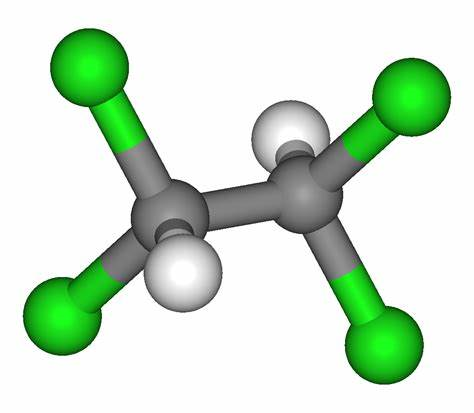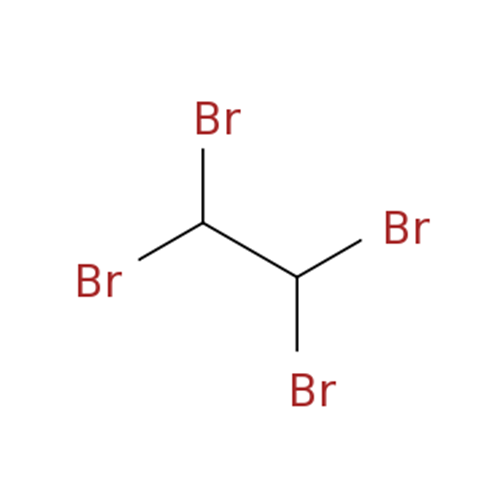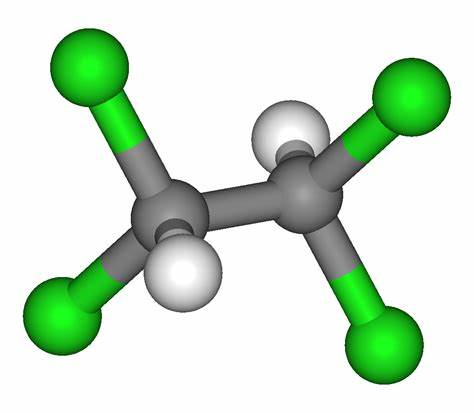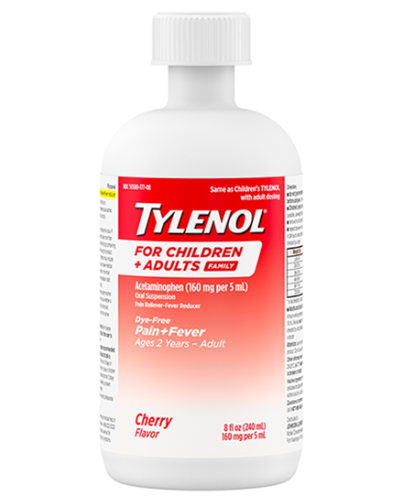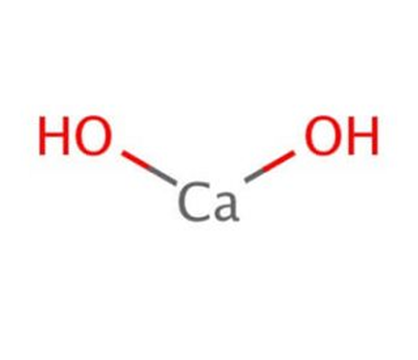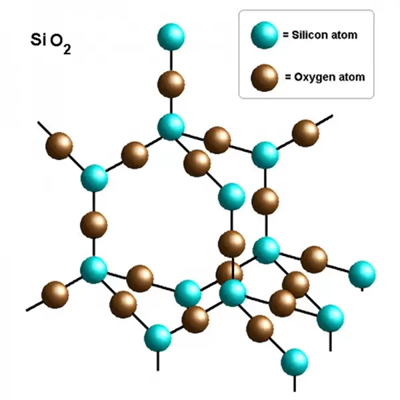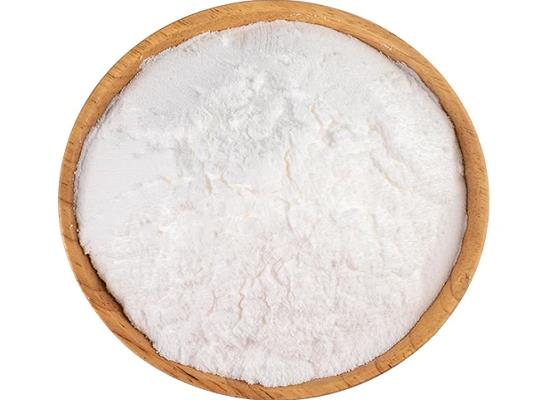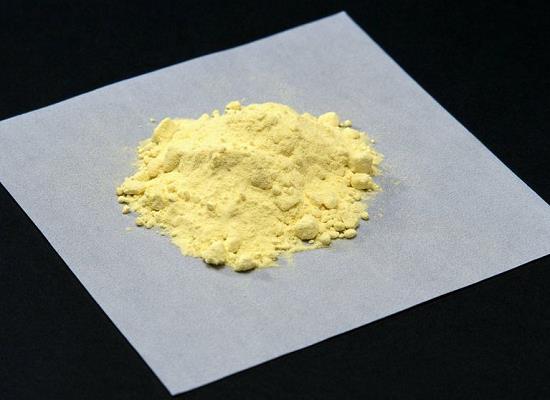Active Pharmaceutical Ingredients (API), popularly speaking, are the raw materials of medicines, only pharmaceutical raw materials are processed into pharmaceutical preparations , can they become medicines available for clinical use, so drugs we usually eat are the finished drugs through processing. Active Pharmaceutical Ingredients based on its sources can be divided into two major categories ,including chemical synthetic drugs and natural chemical drugs. Chemical synthetic drugs can be divided into organic synthetic drugs and inorganic synthetic drugs. Inorganic synthetic drugs are inorganic compounds ( very few is element), such as aluminum hydroxide, magnesium trisilicate which are used for the treatment of gastric and duodenal ulcers ; organic synthetic drugs are mainly composed of drugs made by basic organic chemical raw materials, through a series of organic chemical reactions (such as aspirin, chloramphenicol, caffeine, etc.). Natural chemical drugs ,based on its sources,can be divided into two categories including biochemical drugs and plant chemical drugs. Antibiotics are generally made by the microbial fermentation, which belongs to the biochemistry category. A variety of semi-synthetic antibiotics occurs in recent years,which are biosynthesis and chemical synthesis combining products.Among active Pharmaceutical Ingredients, the organic synthetic drugs varieties, yields and values have the largest proportion,which are the main pillars of the chemical and pharmaceutical industries. The quality of active Pharmaceutical Ingredients decides whether the formulation is good or bad , so its quality standards are very strict ,countries in the world have developed national pharmacopoeia standards and strict quality control methods for its widely used active Pharmaceutical ingredients.
Trichloroethylene: Properties, Production process and Uses
Trichloroethylene is an excellent solvent that can be used as a substitute for benzene and gasoline. It can be used to dissolve resins, asphalt, coal tar, cellulose acetate, nitrocellulose, rubber and
Mar 19,2024 API1,1,2,2-Tetrabromoethane: Properties, Production process and Uses
1,1,2,2-Tetrabromoethane is used as a cocatalyst for the oxidation process in the production of terephthalic acid. It is also used as a flame retardant in plastic products such as expandable polystyre
Mar 19,2024 API1,1,2,2-Tetrachloroethane: Properties, Production process and Uses
1,1,2,2-Tetrachloroethane is used as an intermediate for trichloroethylene, tetrachloroethylene, pentachloroethane and hexachloroethane.
Mar 19,2024 APIUsage and Side effects of Tylenol
The active ingredient in Tylenol is paracetamol, a widely used over-the-counter analgesic (pain reliever) and antipyretic (fever reducer).
Mar 19,2024 APIQ:Which base is more stronger NaOH or Ca(OH)2 ?
A:Calcium hydroxide is more basic when the concentrations are the same.
Mar 19,2024 APIIs silicon dioxide safe for use in food?
Silicon dioxide is a naturally occurring compound. It consists of silicon and oxygen. The most common form is quartz, which occurs naturally in water, plants, animals and the Earth's crust.
Mar 19,2024 APIQ:What is the solubility of Pazopanib hydrochloride?
A:Pazopanib Hydrochloride was found to exhibit a low aqueous solubility. The intestinal permeability of PZH is considered to be high.
Mar 19,2024 APIThe application of bictegravir, emtricitabine, and tenofovir alafenamide.
The combination of bictegravir, emtricitabine, and tenofovir AF is used to treat human immunodeficiency virus (HIV) infection in certain adults and children weighing at least 55 pounds (25 kg) .
Mar 19,2024 APIS-Acetyl-L-glutathione: Physiological Roles and Pharmacokinetic Characteristics
S-Acetyl-L-glutathione enhances GSH levels, stability, and absorption, showing potential in oxidative stress management and cancer therapy.
Mar 19,2024 API5-Chloro-2-nitroaniline: Synthesis and Applications in the Development of Inhibitors
5-Chloro-2-nitroaniline, synthesized through acylation, nitrification, and hydrolysis, is vital in cancer therapy targeting miRNAs and HIV-1 inhibition, promising medical advancements.
Mar 19,2024 API



